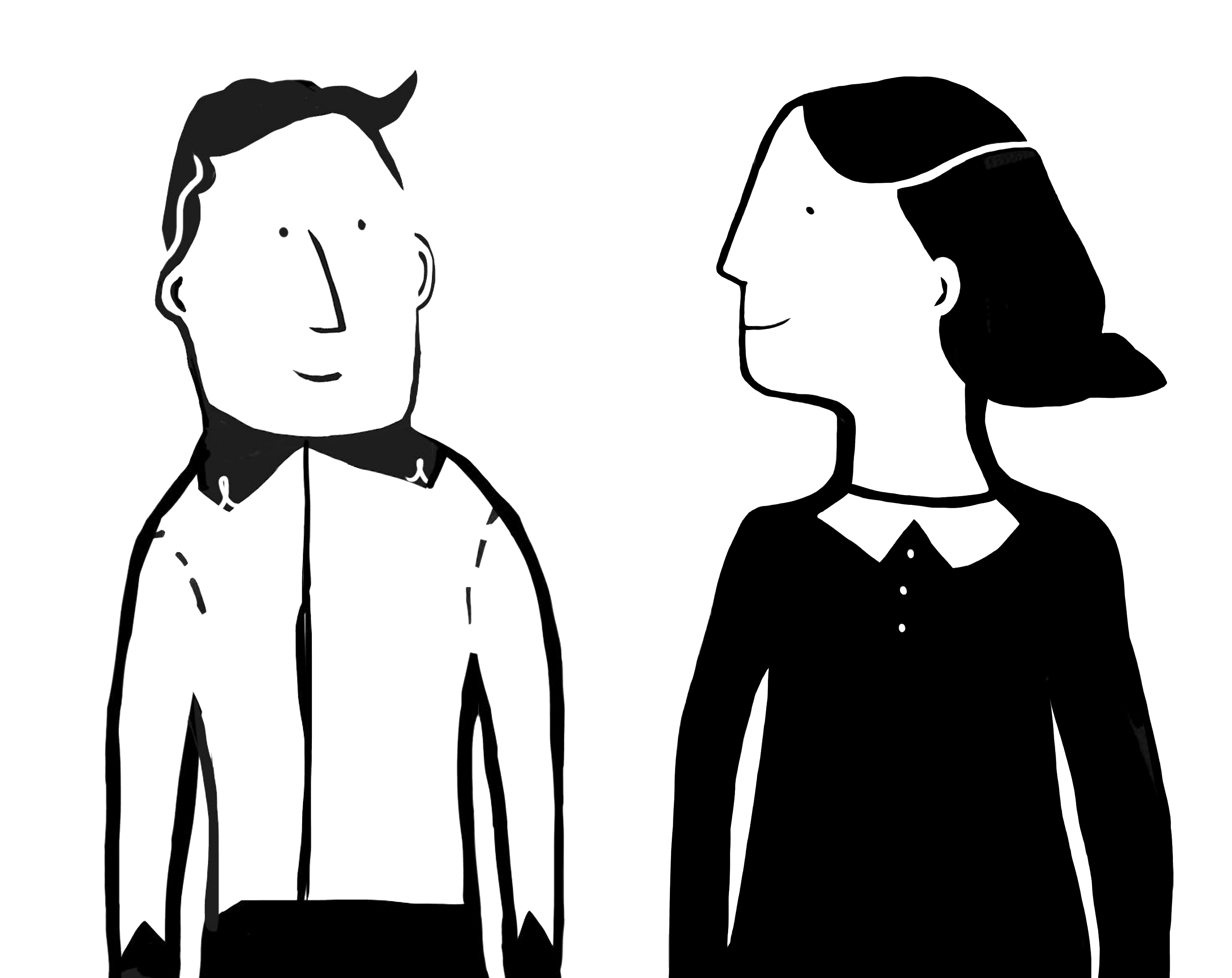Why?
Since 2003 we have successfully worked with a major, internationally renowned, Business School. We are engaged to bring realistic experiential learning to many of their leadership and management development programmes for global clients across the public and private sectors. Sessions are tailored specifically to the group of participants and the client organisation. We are often consulted in the design stage of a programme. We discuss objectives and the working context to make sure that we were presenting realistic and relevant scenarios. We provide a bridge between theoretic input and behavioural skill.
What we deliver?
European Bank Leadership Programme -Influencing Skills Module - bringing 'crucial conversations' to life.
We required an opening exercise that was an interactive and engaging 'high-energy' experience. We wanted to encourage participants to think specifically about the behaviour of a 'Leader' and to reflect on their own approach to similar real life situations they had to deal with back in the work place. Forum Theatre is a great way of easing participants into the mindset of trying new things and can create some collective sense of what best practice looks like.
In consultation with the Business School and the Bank, we designed an opening exercise using a Forum Theatre approach. We devised a conversation, played by actors, between a Senior Bank leader and a direct report with the 'Leader' character dealing with a difficult conversation ineffectively. The scene was realistic and challenging in the first run and engaged and entertained the group whilst provoking them to want to change it and ‘do it better’. After gathering participants’ initial thoughts and reactions - the scene was re-played. This time participants could stop and start the action and direct the 'Leader' to conduct a better conversation and get an improved outcome. At the end of this exercise the facilitator drew out further observations from the participants and the characters themselves, and mapped the output onto a theoretic model (Heron's Six categories of Intervention).
Later in the day, after additional theoretical input from the Business School Tutors, the React team worked in small practice groups on participants own 'one to one' real life scenarios. This was the second experience of the day aimed at embedding the learning and applying it to real life situations. React Actors provided realistic and reactive characterisation for these bespoke ‘real play’ scenarios. The actors’ feedback was focussed on constructive non-judgemental evidence about the impact of participants’ behaviour - so the participant could get a better understanding of the impact their behaviour and skills were having on the character. During the session we also built in time for the participants to get some interim feedback from their observing colleagues and then to try the conversation again. This allowed the participant some realistic 'trial and error' time to make adjustments, and find a way of using their new skills and ideas in the most effective way.
Results
Participant feedback mentioned the practical sessions with React as one of the highlights of the programme. The Business School has conducted some academic research showing some illuminating results. They found that the heightened awareness fuelled by the challenge that participants feel under 'real-play' situations with an actor, demonstrably aided their capacity for learning and retention. Learning is enhanced during the ‘fight’ stage of the fight or flight response. Because it triggers a raised level of readiness, the real play sharpens participants’ receptivity and stimulates the neural pathways. Participants feel the exhilaration of adrenalin and tackling something challenging and their experiential learning is retained at a deeper and more permanent level, making them more likely to remember and apply what they learn in the workplace.

